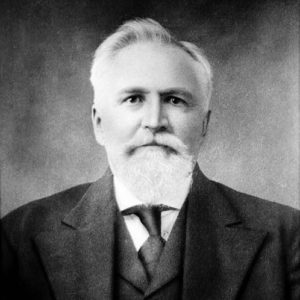 William Fuller
William Fuller
Gender: Male - Starting with F
 William Fuller
William Fuller
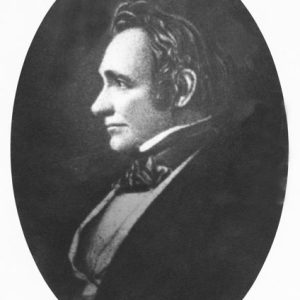 William Fulton
William Fulton
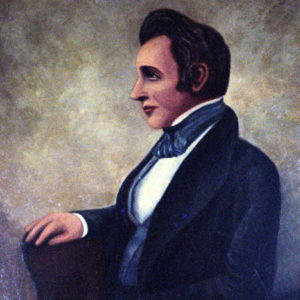 William Fulton
William Fulton
Fulton, William Savin
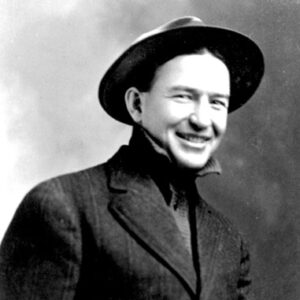 Erwin Funk
Erwin Funk
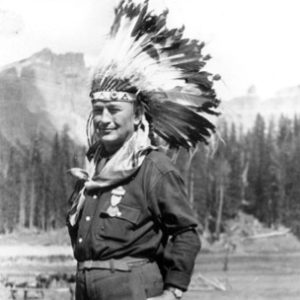 Erwin Funk
Erwin Funk
Funk, Erwin Charles
 Furbush Bust
Furbush Bust
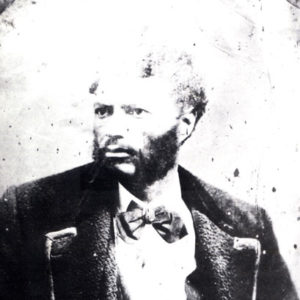 William Furbush
William Furbush
Furbush, William Hines
 Skip Furlong
Skip Furlong
Fussell, Robert Foreman (Bobby)
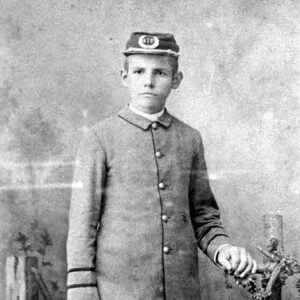 John Futrall
John Futrall
Futrall, John Clinton
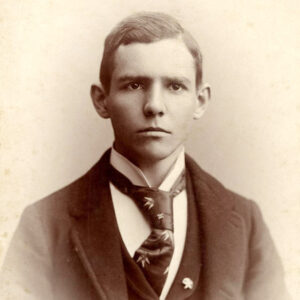 John Clinton Futrall
John Clinton Futrall
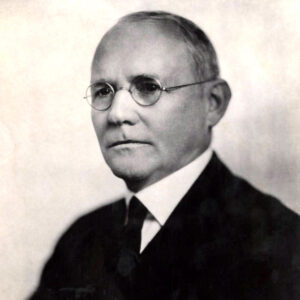 John Clinton Futrall
John Clinton Futrall
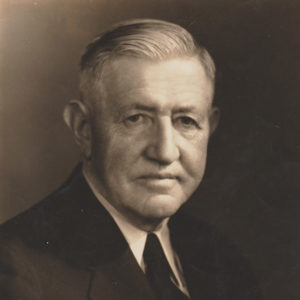 J. M. Futrell
J. M. Futrell
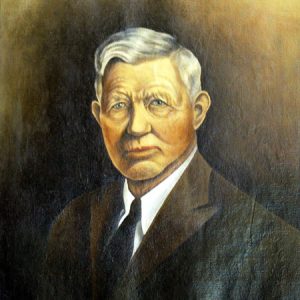 Junius Futrell
Junius Futrell
Futrell, Junius Marion
aka: J. Marion Futrell
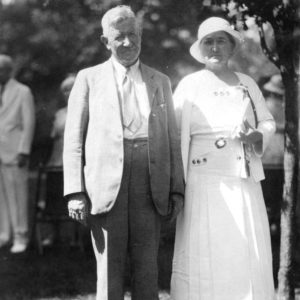 Futrells
Futrells




